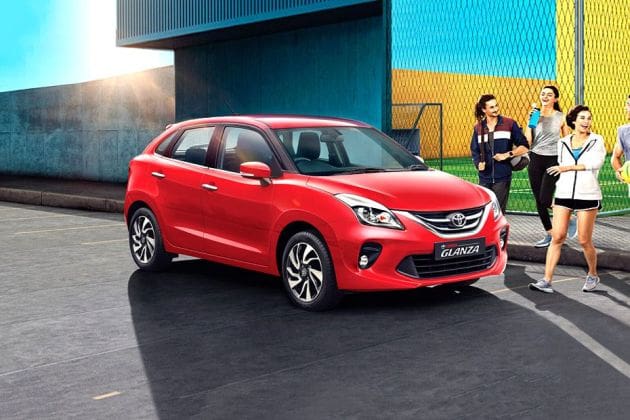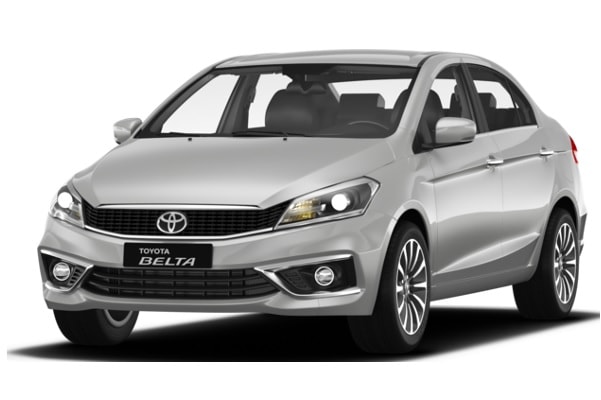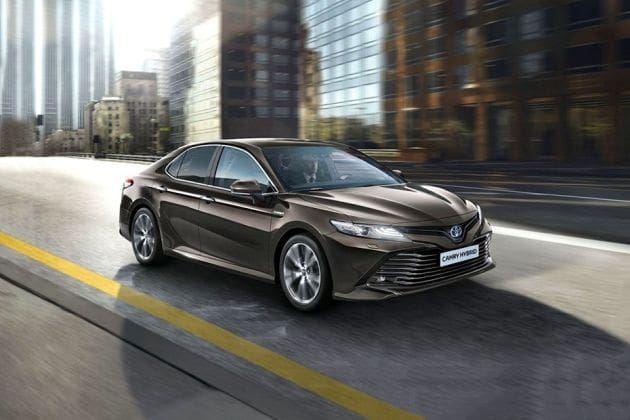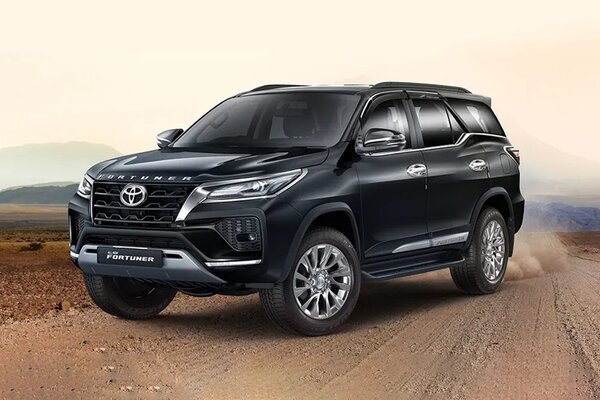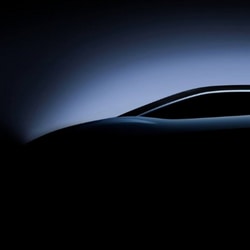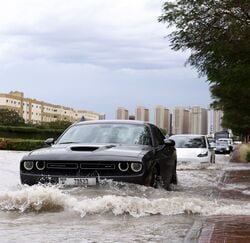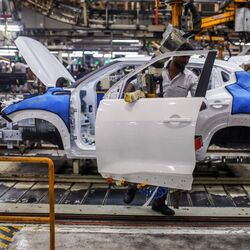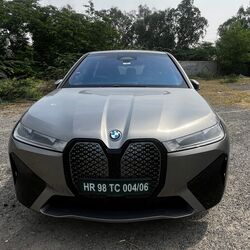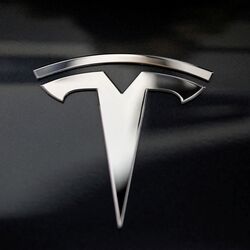Toyota may have changed CEO, not its electrification strategy. Here's why
- Toyota's new CEO Koji Sato wants to prioritize hydrogen over BEVs like his predecessor Akio Toyoda.
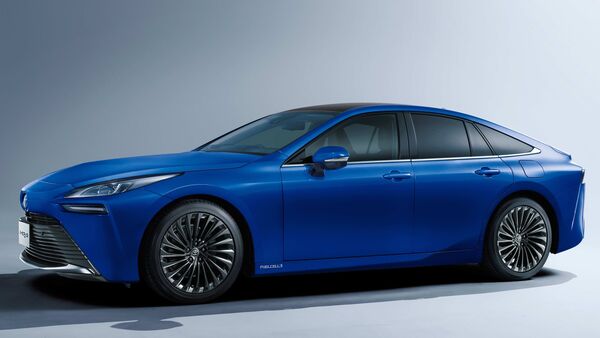

Toyota may have changed its CEO in a crucial leadership movement decision, but it seems the Japanese automaker is still clinging to its old electrification strategy. Koji Sato is all set to take the responsibility of Toyota's CEO role from April 2023, replacing Akio Toyoda, but like his predecessor, the new CEO too is inclined towards hydrogen vehicles over battery electric vehicles (BEV) when it comes to zero-emission powertrain technology, claims a report by Automotive News.
Toyota's new CEO Koji Sato believes hydrogen is the way ahead when it comes to carbon neutrality. When every other automaker has been focusing on battery electric vehicles, Sato is betting big on hydrogen, saying that it would be the backbone of Toyota's future. "We want to ensure that hydrogen stays a viable option. We need a production and transport supply chain. Unless we see evolution there, we cannot expect a volume increase in the energy's use," Sato said. His comment comes carrying a very identical tone to the outgoing Toyota CEO Akio Toyoda, who has been very much vocal about alternative powertrain technologies like hydrogen and hybrids instead of pure battery electric vehicles.
Also check these Vehicles
Also Read : This feature makes you feel extra comfy in Toyota Prius PHEV.
However, the new Toyota CEO is not discounting BEVs. He believes that pure battery electric vehicles will also play a crucial role in the automaker's future alongside hybrid and hydrogen vehicles. "We are making full-fledged efforts on everything. It is important to remain flexible in order to tailor products and energies to different carbon-neutral needs in different markets," explained the new Toyota CEO.
Toyota has been one of the frontrunners with the hydrogen powertrain technology. The automaker introduced Mirai, which is the OEM's sole hydrogen vehicle. The Toyota Mirai has received a mixed consumer response so far. It was updated in 2020, and the second-generation iteration of the sedan promises 647 km on a full tank, which is really impressive. Another advantage is that the hydrogen powertrain emits only water during the propulsion, making it a proper zero-emission vehicle. However, the challenges include a lack of hydrogen refuelling infrastructure, high costs and some safety issues like hydrogen being highly flammable.







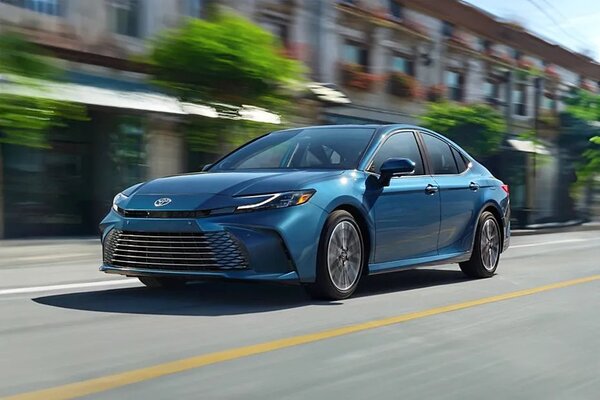
 2487 cc
2487 cc Petrol
Petrol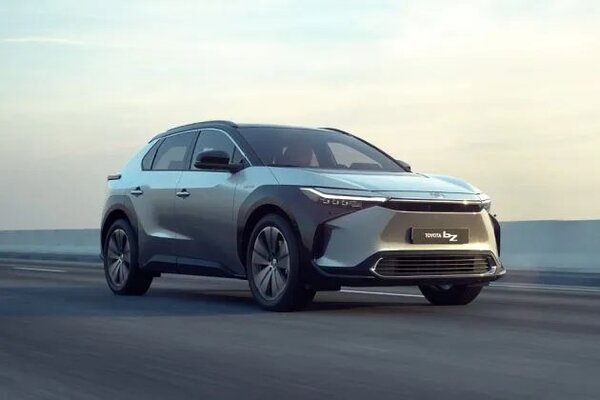
 72.8 kWh
72.8 kWh 405 Km
405 Km